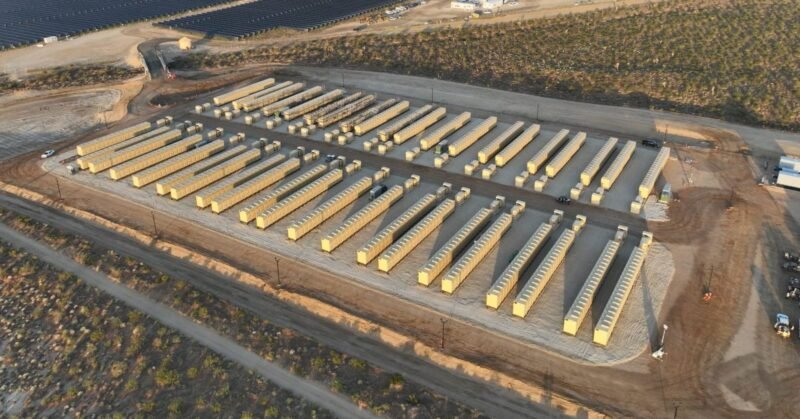Summary Points
-
Bankruptcy Filing: Powin, an Oregon-based battery manufacturer, filed for Chapter 11 bankruptcy with over $300 million in debt, enabling restructuring while continuing operations.
-
Significant Layoffs: The company laid off nearly 250 employees, leaving just 85, marking a drastic reduction in workforce as it contends with financial challenges.
-
Leadership Change: Following the bankruptcy, CEO Jeff Waters was replaced by Brian Krane, signifying a shift in management direction amid financial turmoil.
- Industry Position: Despite past successes and ranking third in U.S. grid-scale battery capacity, Powin’s reliance on Chinese lithium-iron-phosphate cells may have contributed to its financial issues, potentially exacerbated by tariffs.
The Rise and Fall of Powin
Powin, a battery manufacturer based in Oregon, has filed for bankruptcy. This filing comes just months after securing a substantial $200 million loan. With more than $300 million in debt, the company’s financial troubles seem alarming. Chapter 11 gives Powin a chance to restructure its debt while continuing operations. However, the stark reality includes laying off nearly 250 employees earlier this month, reducing its workforce to just 85. Clearly, the challenges have compounded quickly.
Powin has played a notable role in the clean tech sector. It became prominent during the first clean tech boom over a decade ago. In 2022, the company raised $135 million in growth equity. Recently, it ranked third in the U.S. for grid-scale battery storage. Despite this recognition, the company struggled under mounting financial pressure. It depended heavily on lithium-iron-phosphate (LFP) cells imported from China. This reliance posed risks, especially with rising tariffs affecting supply chain stability.
Lessons for the Clean Tech Sector
Powin’s journey serves as a cautionary tale for the clean tech industry. The enthusiasm surrounding renewable energy solutions seems formidable. However, companies must build resilient supply chains to reduce vulnerabilities. The rapid growth seen in grid-scale energy storage cannot overshadow the importance of sustainability in business practices.
Moreover, the government’s role cannot be overlooked. Policymakers must support domestic suppliers to enhance reliability in sourcing critical materials. As the world pushes for widespread adoption of clean technologies, investing in the infrastructure of supply chains stands vital. The experience of Powin, therefore, highlights the need for balance between rapid innovation and practical implementation. The future of clean tech relies on understanding these lessons and applying them effectively.
Expand Your Tech Knowledge
Learn how the Internet of Things (IoT) is transforming everyday life.
Access comprehensive resources on technology by visiting Wikipedia.
TechV1

